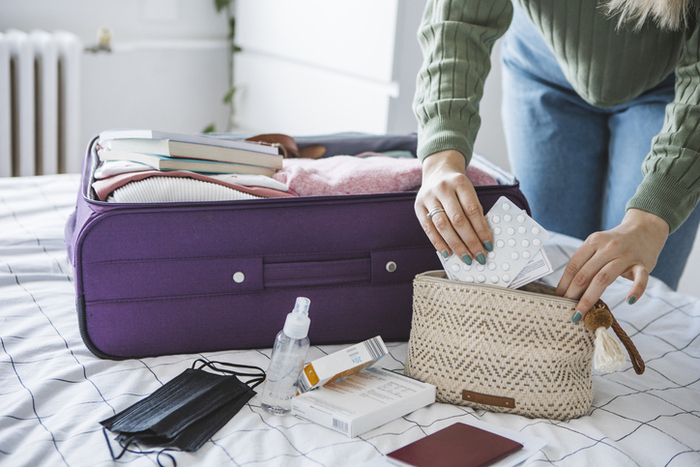Fixed and mobile prosthetic reconstruction, implants and complex treatments, all concentrated in 10 days.
Lured by advertising on social media and by low costs, even three times lower than in Italy, but also by the incredible speed of interventions, last year around 200,000 Italians packed their bags to go to Albania, Croatia, Romania, Turkey or other countries to treat their teeth.
About double compared to the previous year.
An increasing trend, according to data from the Compass Observatory report on dental tourism, according to which 36% of Italians would be willing to go beyond the border for prosthetics, implants and periodontal therapies, but unfortunately in 1 case out of 3 problems appear upon return that make a new intervention is necessary, nullifying the savings and treatments.
This was reported by the experts of the Italian Society of Periodontology and Implantology (SIdP) during the 23rd National Congress, in Rimini until tomorrow, dedicated precisely to the quality of therapies in periodontology and implantology which in Italy are of the highest level: our country is in the top ten of the best in the world for periodontal care and expertise on gum disease, according to the analysis of scientific publications of the last ten years.
“Dental tourism is a phenomenon that unfortunately shows no signs of disappearing, on the contrary – observes Francesco Cairo, SIdP president and professor of periodontology at the University of Florence –.
Some time ago even the Italian Embassy in Tirana had to issue a note to remind our compatriots to be cautious when going to private Albanian clinics for dental care, because these almost always do not meet satisfactory quality standards.
The costs are lower, even three times lower, so many Italians go abroad to save on dental treatments, but there is no shortage of risks: poor quality materials, inadequately safe dental practices, shortages of medicines can affect the final result, exposing oneself to dangers such as abscesses, infections, chewing difficulties which must then be resolved upon returning to Italy.
In fact, abroad, recovery times and post-operative checks are often 'cut': hasty methods - Cairo points out - involve the insertion of implants in greater numbers than are useful because it is taken for granted that some might not work.
Furthermore, prostheses are often compressive of the mucous membranes or imprecise, because the bone and gum tissues are not given biological healing time.
Even the visit is limited to sending a x-ray, while the planning of a therapeutic plan requires an in-depth anamnesis of the patient for an appropriate knowledge of his clinical conditions". Yet, according to the data collected by the Compass Observatory, 36% of Italians would be willing to seek treatment abroad and the percentage rises to 77% of those who have already tried the experience.
Those who don't trust fear a mistake or have doubts about the quality of care.
“It is right to doubt, because it is estimated that at least one person in three will have some problem upon returning to Italy, with even serious consequences that involve a new operation with costs that can become prohibitive, much higher than if the situation had been managed in an corrected immediately – adds Cairo –.
Some time ago, experts from the British Dental Association interviewed English dentists and discovered that 94% of them had treated patients who had gone abroad for dental treatment;
in 60% of cases the adverse events were serious, for example infections or abscesses occurred.
It is estimated that there are 20% of cases in which poor or non-compliant materials are used, another 15% of cases in which the prostheses are not functional or are hastily adapted, or perhaps they still work, but the fabrics support are infected.
In fact, we often intervene by placing implants, bridges or crowns without thinking about treating the supporting tissues and without first resolving inflammation, granulomas or other problems.
All this compromises oral health, which is instead protected if patients rely on Italian dentists who carry out an early diagnosis, plan treatment in correct and consequential phases, and guarantee the use of quality materials.
Adopting the fastest and lowest cost solution is not synonymous with safety, nor with real savings."
Reproduction reserved © Copyright ANSA

